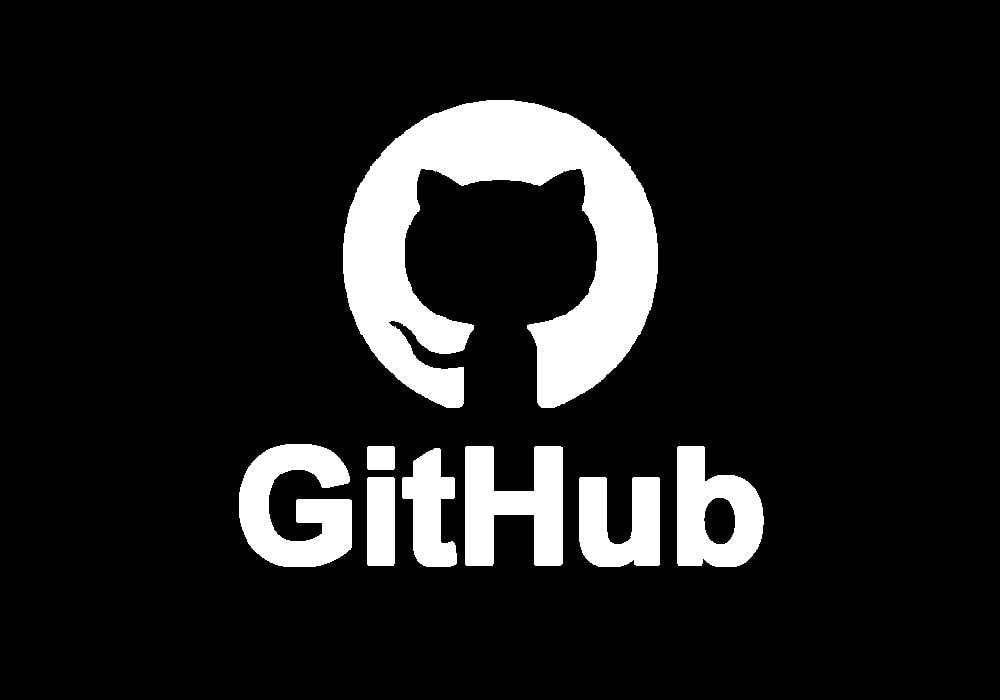In the world of software development, collaboration and version control are important components of a successful project. If you are a beginner in coding or an experience developer, understanding GitHub is very important. GitHub plays an important role and being very popular among developers as a leading platform that simplifies these aspects, making it easier for developers to work together, track changes, and manage projects efficiently.
What is GitHub?
GitHub is a web-based platform that leverages Git, a distributed version control system, to provide a robust framework for code hosting, collaboration, and project management. GitHub was founded in the year 2008, by Tom Preston-Werner, Chris Wanstrath, and PJ Hyett in San Francisco, California, United States.
GitHub is a developer platform that allows developers to create, store, manage and share their code. It is a web-based platform that provides hosting for software development projects. It uses the Git version control system, which allows developers to track changes to their codebase, collaborate with others, and manage projects efficiently.
GitHub is commonly used to host open source software development projects. GitHub reported having over 100 million developers and more than 420 million repositories. It is the largest source code hosting platform in the world.
Key Features of GitHub:
GitHub allows developers to keep track of changes to their code over time. This means you can check the previous versions if needed and easily collaborate with others. Developers upload their code to GitHub repositories, where it’s stored and version-controlled using Git. Developers can collaborate on the same project by making changes, suggesting improvements, and reviewing each other’s code.
Version Control: GitHub uses Git version control system to track changes in source code, allowing multiple developers to work on a project simultaneously.
Repositories: A repository also known as repo, it is a storage space where your project belongs. Each repository has files, folders and readme information of your project.
Branches: Branches enable developers to work on new features or fixes independently, by keeping the main code clean.
Pull Requests: Pull requests facilitate code review and discussion. When you’re ready to merge your branch into the main codebase, you create a pull request.
Issues: Issues are used to track the project tasks, enhancements, and bugs.
Actions: GitHub Actions enable automation of workflows directly in the repository.
Read Also: Top 5 Programming Languages to Learn in 2024
Importance of GitHub:
GitHub is one of the best tools for developers it is not just a code hosting platform; it is the platform that supports the entire software development system. GitHub makes it easy for teams to collaborate, whether they are in the same office or distributed around the world. GitHub hosts millions of open-source projects, allowing developers to contribute, learn from others, and share their work with the global community.
GitHub Developers Profile:
GitHub profiles showcase developers’ contributions into the open-source projects and community and their overall activity on the platform. Your GitHub profile is like your coding portfolio, highlighting your expertise, projects and collaboration history, and impact on the open-source community.
GitHub is the most valuable tool for development, building, collaborating, and contributing to software projects. GitHub is more than just a code hosting platform; it is a comprehensive tool that supports the entire software development lifecycle.
From version control and collaboration to project management and automation, GitHub provides developers with the tools they need to build, maintain, and enhance their projects.



